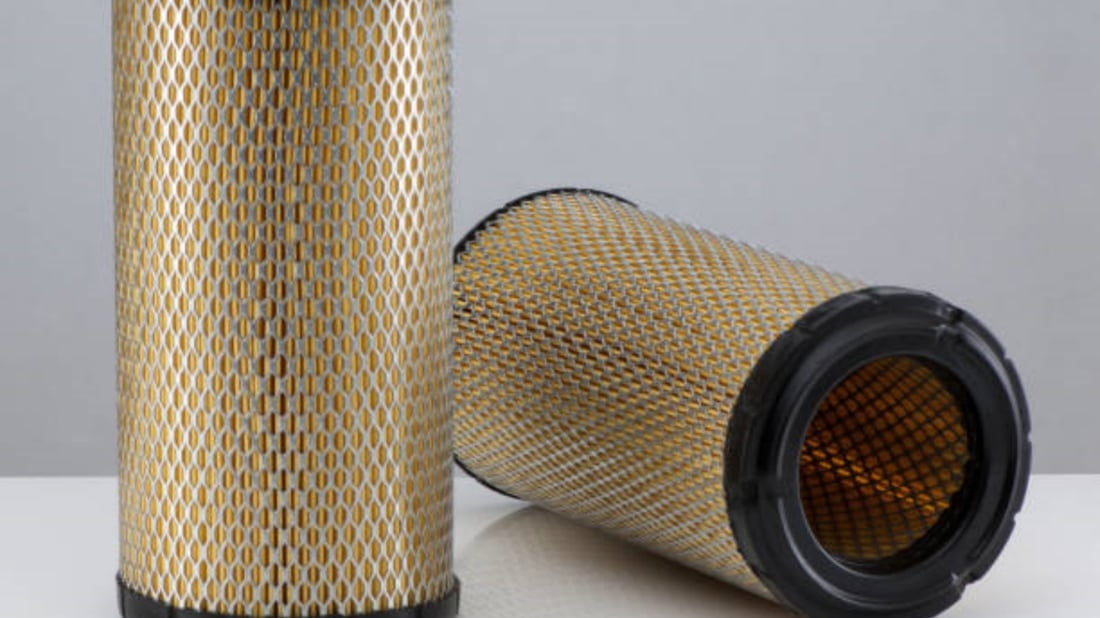Introduction
portable air filters can help reduce indoor air pollution, which can negatively impact your health and well-being. But which type of air filter is right for your needs? And once you have a portable air filter, how can you use and maintain it to ensure clean air quality in your home or office? Keep reading to learn more about portable air filters, including different types, features, and benefits.
Types of Portable Air Filters
There are several types of portable air filters, including:
- HEPA (High-Efficiency Particulate Air) filters
- Activated carbon filters
- UV (ultraviolet) light filters
- Ionizers
HEPA filters are the most popular type, as they can remove over 99% of airborne particles, including dust, pollen, and bacteria. Activated carbon filters are effective for removing odors and chemicals. UV light filters can kill bacteria and viruses, while ionizers release negatively charged ions to attract and remove airborne particles.
Features to Consider
When choosing a portable air filter, consider the following features:
- Airflow rate (measured in CFM, or cubic feet per minute)
- CADR (Clean Air Delivery Rate)
- Noise level
- Filter replacement cost and frequency
- Energy efficiency
- Size and weight
- Additional features, such as air quality sensors, automatic shut-off, and remote control
Make sure to choose a portable air filter that is appropriate for the size of the room where you plan to use it. A filter with a higher CADR rating and airflow rate will be more effective in cleaning the air. Ideally, you should replace the filter every 3-6 months, depending on usage and the type of filter.
Benefits of Using Portable Air Filters
The benefits of using a portable air filter include:
- Reducing allergens and asthma triggers
- Removing harmful chemicals and pollutants
- Improving air quality and circulation
- Reducing odors
- Reducing the spread of airborne diseases
- Relieving symptoms of respiratory illnesses and allergies
Using a portable air filter can also help you save money in the long run, as it can reduce the need for expensive HVAC (heating, ventilation, and air conditioning) repairs and maintenance.
How to Use a Portable Air Filter
Follow these tips to use a portable air filter effectively:
- Place the filter in a central location in the room
- Keep doors and windows closed while the filter is running
- Run the filter continuously for best results
- Adjust the airflow rate and fan speed as needed
- Clean or replace the filter according to the manufacturer's instructions
- Avoid placing the filter near heat sources or humidifiers
How to Maintain a Portable Air Filter
To keep your portable air filter running smoothly, you should:
- Clean the outer surface of the filter regularly with a damp cloth
- Replace the filter according to the manufacturer's instructions
- Clean the internal components as needed
- Store the filter properly when not in use
Regular maintenance can help prolong the life of your portable air filter and ensure it continues to work effectively.
Conclusion
A portable air filter can help improve air quality and reduce exposure to pollutants in your home or office. By choosing the right type of filter, considering key features, and following proper usage and maintenance guidelines, you can enjoy the many benefits of using a portable air filter for years to come.

